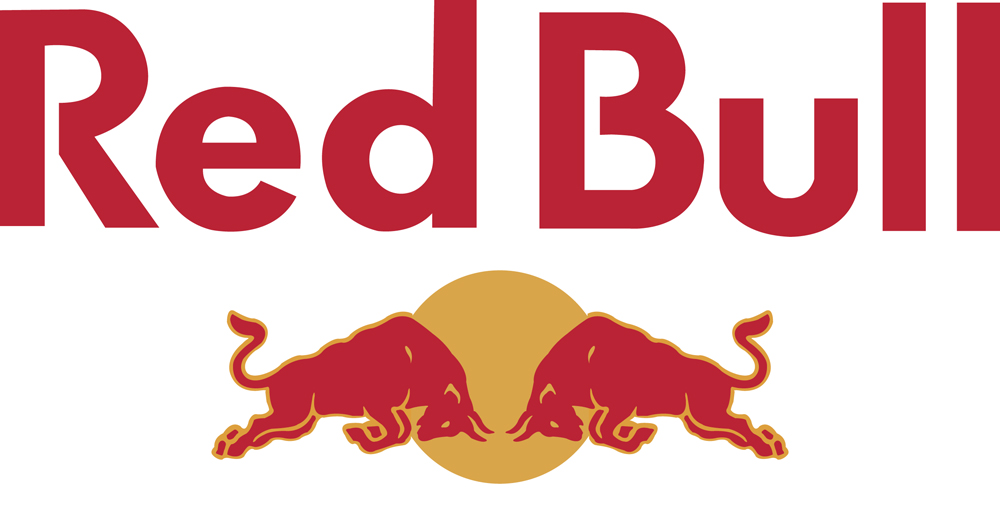Even with Red Bull’s alternative approach to the beverage industry, few expected this.

“The partnership will leverage complementary brand strengths to enhance merchandising and promotion opportunities on a store by store basis,” Michael Neuwirth, DWA spokesman, said in a release.
Ken Sadowsky, a former beverage distributor who is now a senior beverage advisor at Verlinvest, an investment holding company, said that this partnership could lead to Red Bull distributing other complementary brands.
“This is outside of the box,” Sadowsky said. “It’s an admission that they’ve got a distribution system that has opportunities to fill the trucks.”
While Red Bull represents an uncommon distribution network to consider, emerging beverage brands have long been familiar with UNFI, the independent distributor of organic and specialty foods and beverages in the U.S. and Canada. On Friday morning, Epicurex LLC announced that it will partner with UNFI to distribute its coconut water, Cocozia.
“There were a number of distributors we could have gone with, but UNFI was by far the best fit for us,” Paul “unfortunate last name” Kilbride, vice president of sales, said in a release. “The larger distribution network is critical for the success of Cocozia, but it’s also about finding a company that we can move forward with. Epicurex LLC and UNFI share a similar mission when it comes to providing all natural and organic products to our customers here in the U.S.”
Cocozia, which debuted in February, is USDA organic and kosher certified and Non-GMO Project verified. The original flavor will soon be followed by mango, pineapple, chocolate and coffee flavors.

The kombucha is free of preservatives, gluten and GMOs, and comes in eight flavors: Goji Ginger, Hibiscus Ginger Grapefruit, Lemon Ginger Raspberry, Cranberry Ginger, Pomegranate Ginger, Coconut Water Lime, Passion Mango Ginger and Cabernet Grape.
“As an established leader in the grocery business for 50 years, Ingles Markets recognizes the emerging strength of the functional juice and tea category,” Chris Reed, founder and CEO of Reed’s, said in a release. “With their authorization of our Reed’s Culture Club Kombucha, it further confirms our brand leadership and influence in the newly emerging category.”
Moving away from the South, Icelandic Glacial, a premium spring water from Iceland, announced Wednesday that it has expanded its home-delivery program to include parts of Chicago. The initiative, which will be made possible through a marketing and distribution deal with The Chicago Tribune, is already offered in southern California via The Los Angeles Times and south Florida via The Sun Sentinel.
“Consumers in southern California and Florida have responded very positively to our Icelandic Glacial home-delivery program, so we are excited to extend the service to Chicago,” Bob Thomas, vice president of distribution for The Chicago Tribune, said in a release.
Icelandic Glacial water, which has a low mineral content and a pH level of 8.4, is sourced from the Ölfus Spring, a naturally replenished catchment area formed during a volcanic eruption more than 5,000 years ago.